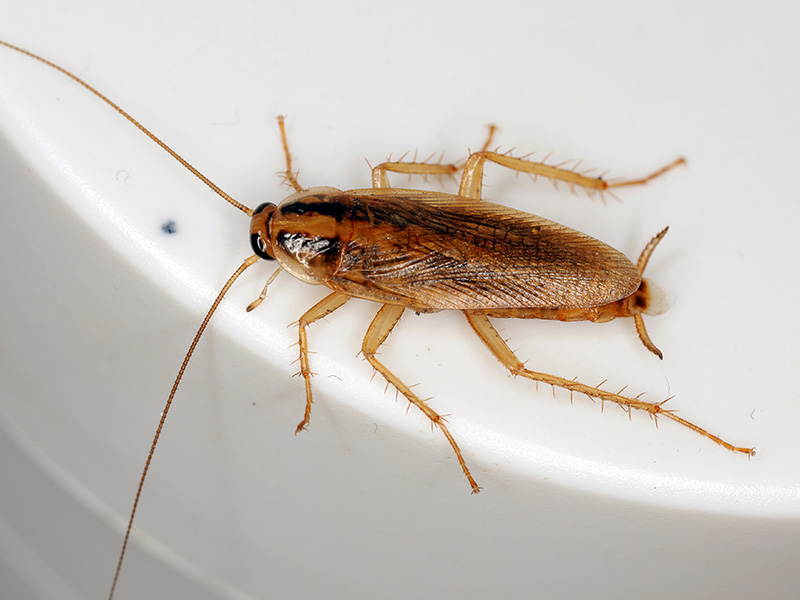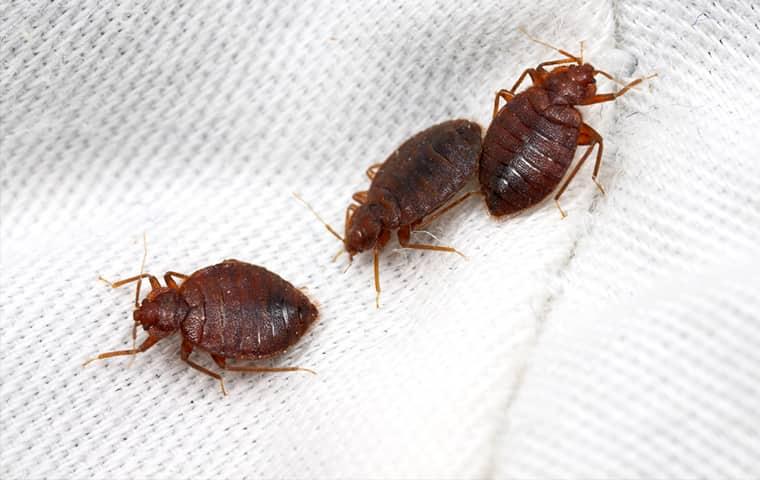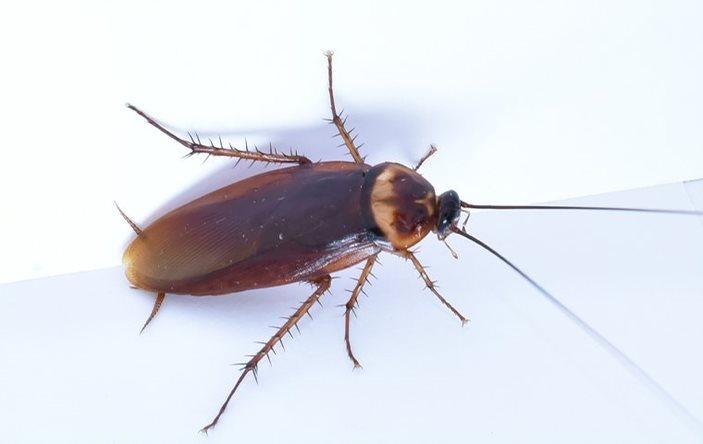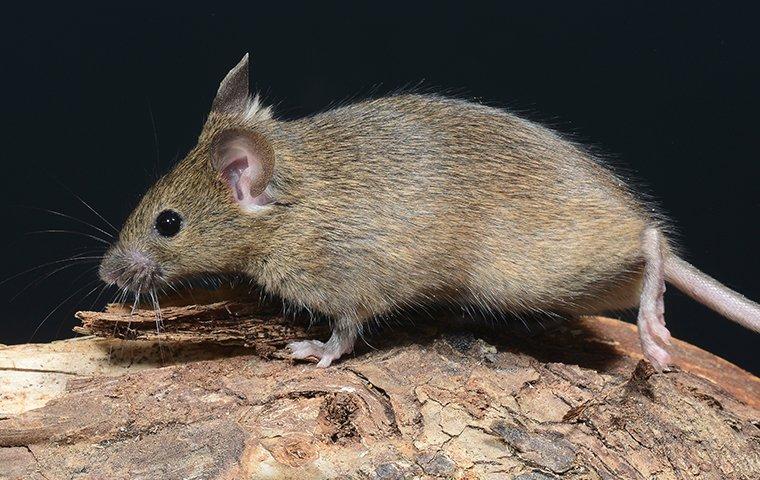Getting Rid Of Mice In Your Jacksonville Home, The Right Way
Dec 12, 2022
Rodents (order Rodentia) represent the largest single segment of mammals found in approximately 2,000 various species. One common characteristic among these creatures is front teeth that continually grow, called incisors. To control the growth of the incisors and keep them sharp, rodents are always chewing on things. Among the most common types of rodents include mice, rats, squirrels, voles, and many more.
The two mouse species that a property owner will encounter are deer mice and house mice. Deer mice (Peromyscus maniculatus) usually appear in a shade of brown with white feet and bellies and a bicolored tail. The body of a deer mouse is usually three to four inches long, and its tail is often slightly larger.
House mice (Mus domesticus) appear gray with lighter bellies. The body of a house mouse typically measures two to four inches with a tail that is approximately the same length. The house mouse has a pointy nose and round ears.
Mice are scavengers that consume an omnivorous diet that might include nuts, seeds, insects, and the majority of foods that humans consume.
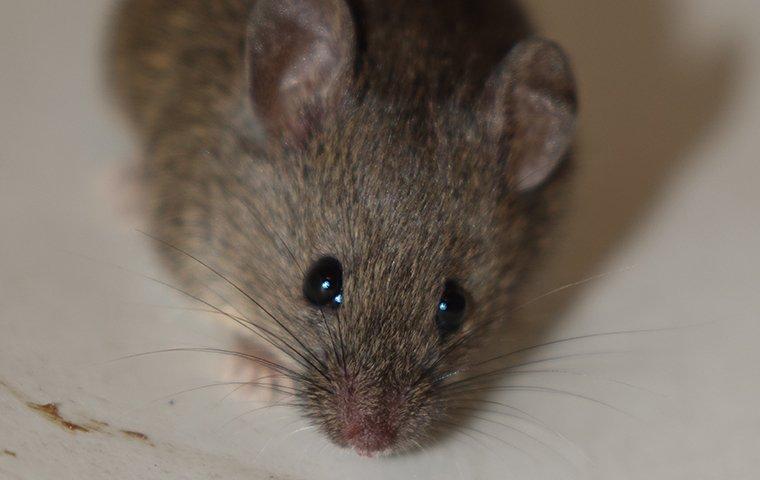
How often can mice have babies? House mice achieve sexual maturity in roughly six weeks, and females can produce a litter of five to six offspring every few weeks. Based on their breeding capacity, a minor intrusion of only a few mice can quickly become a full-blown infestation.
What can you use to get rid of mice? Many homeowners try do-it-yourself products sold in local home improvement stores, such as aerosol repellants, snap traps, or sticky traps. These options may prove insufficient when facing larger infestations and may be harmful to humans and pets; therefore, consulting with a licensed professional is generally the best move. A licensed Jacksonville pest control professional understands how these elusive pests behave and the best ways of expelling infestations.
Sure Signs Of A Mouse Infestation In Your Home
Mice are largely nocturnal, and homeowners often hear scurrying mice after dark when the home is otherwise tranquil. Look for signs of nest-building activity, such as damaged fabric, paper products, or insulation material. Mice generate droppings as they move, and a foul odor often is detectable.
Will mice stay away if you have cats? Mice will generally detect the presence of a cat and avoid these areas. Despite being somewhat domesticated, house cats are instinctually predatory creatures that are very effective hunters. This can pose risks for pet owners, as their cats will face potential health risks such as fleas. Keep in mind that pet owners should also exercise caution when considering chemical agents or traps for rodent control, as both could harm your pet.
Why Mice In Your Home Is A Major Health Risk
There is a common misconception that mice represent merely a nuisance pest. Mice may create a host of health-related risks, including the following:
-
Mice might carry harmful parasites and spread salmonellosis, tularemia, and other health concerns.
-
They may construct nests in air ducts that distribute dangerous airborne particles.
-
Mice pose risks for pets, including fleas, ticks, or roundworms.
A smart property owner will explore how to stop mice from entering their home based on the possible health risks for humans and pets.
How And Why Mice Find Their Way Into Your Home
Mice commonly enter homes through cracks in the foundation, gaps around the seals or doors, or openings for utility lines.
Why do mice come into your house? Mice generally move indoors, seeking food, water, or shelter from adverse weather conditions.
The Best Way To Get Rid Of Mice In Your Home For Good
As a leading provider of pest control solutions, the team with Lindsey Pest Services knows the most effective way to get rid of mice and other bothersome rodents that infiltrate homes. Contact us today for an inspection.









